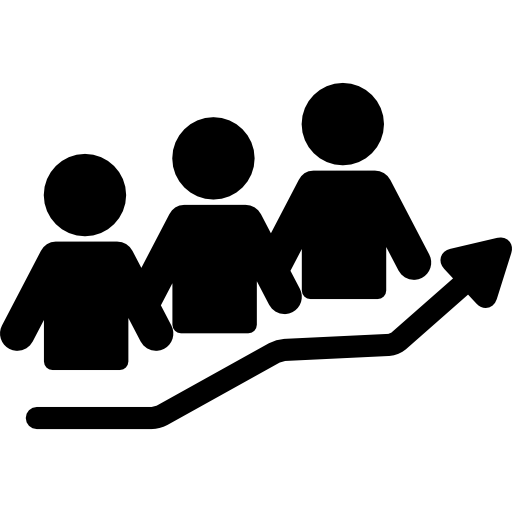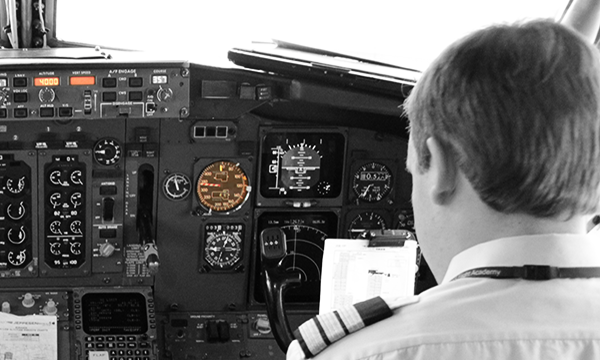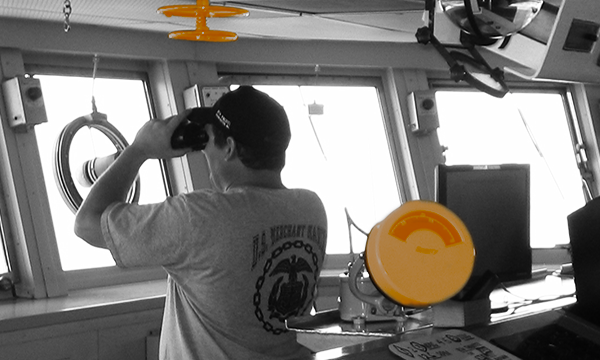
Crew Resource Management
Crew Resource Management (CRM) is a set of training procedures and communication strategies designed to improve teamwork, situational awareness, and decision-making among professionals operating in high-stakes environments. Originally developed for aviation, CRM principles are now widely applied across various industries including healthcare, firefighting, and maritime operations. Our website offers comprehensive resources, case studies, and training modules aimed at enhancing the effectiveness and safety of teams in critical settings. Learn how to optimize the use of all available resources—human, technical, and informational—to achieve safer and more efficient outcomes.

Enhanced Safety
One of the most immediate and measurable gains from implementing CRM is an improvement in safety metrics. By fostering better communication, situational awareness, and decision-making, CRM helps to minimize human errors that can lead to accidents or other safety incidents. This not only protects employees but can also safeguard organizational assets and reputation.

Improved Team Performance
CRM principles encourage a collaborative work environment where each team member’s skills and insights are fully utilized. This leads to more efficient workflows and higher-quality outcomes. Teams trained in CRM are generally better at identifying and solving problems, which can lead to faster project completion times and reduced operational costs.

Stronger Organizational Culture
Implementing CRM often leads to a more open, inclusive, and accountable organizational culture. The flattened hierarchy encouraged by CRM empowers employees at all levels to speak up and contribute, which can lead to higher job satisfaction and employee retention. This cultural shift can make the organization more agile and better equipped to adapt to changing circumstances, thereby providing a competitive advantage.

Aviation
In aviation, Crew Resource Management (CRM) is implemented as a crucial training program aimed at fostering effective communication, decision-making, and teamwork among flight crews. The objective is to minimize human error and enhance safety and operational efficiency.
Health care
In healthcare settings, Crew Resource Management (CRM) is adapted to improve patient safety, enhance team collaboration, and minimize errors during medical procedures and patient care. The high-stakes, fast-paced environment of healthcare shares similarities with aviation, making CRM principles highly applicable.


Offshore
In offshore operations, such as oil and gas extraction or wind energy production, Crew Resource Management (CRM) is implemented to enhance safety, operational efficiency, and team performance in these inherently high-risk environments. The principles of CRM are adapted to meet the unique challenges faced by offshore crews, including extreme weather conditions, technical complexities, and the need for rapid decision-making.

Psychologist/Trainer
ERIK LELY

Pilot/Trainer
TAMES OUD

Pilot/Psychologist/Trainer
WOUTER VAN LEEUWEN
Implementation
Implementing Crew Resource Management (CRM) in a project across any industry involves a multi-disciplinary approach that focuses on optimizing team performance, enhancing safety, and minimizing errors. The goal is to create a collaborative work environment where every team member contributes effectively to the project’s success.